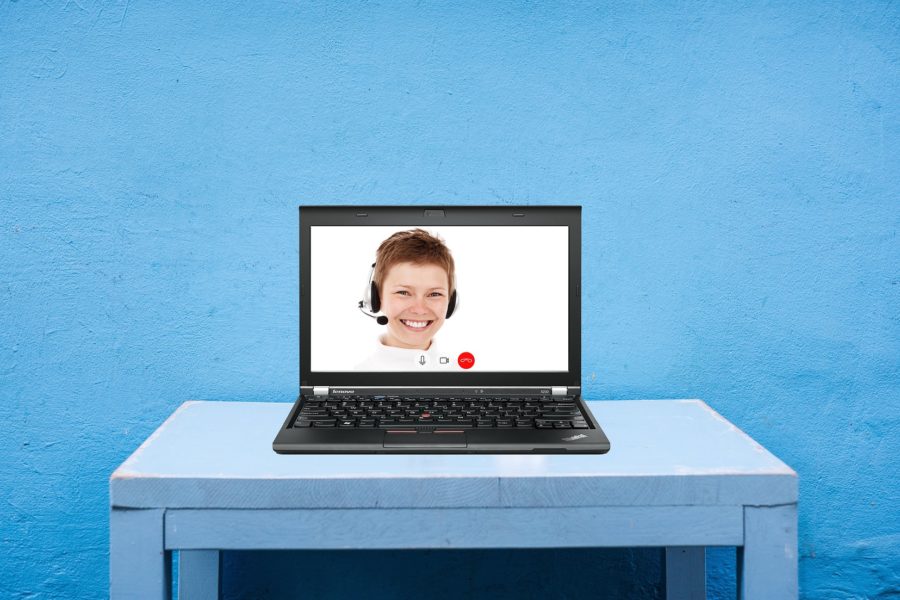Any change is usually followed by temporary change management issues, and resistance. People generally prefer status-quo in most situations. In the 16th century when Galileo had suggested that the Earth is round, there was outrage. He was also imprisoned. But that did not change the truth.
When coronavirus forced schools to suspend classes last March, schools the world over were in the last term of the school year.
Many schools switched to online classes temporarily
They tried to do what best they can, and that gave birth to the possibility that perhaps education can go online. This was followed by outrage from particularly academicians and tradition lovers. Perhaps they experienced their anti-Galileo moment. The thought of education going online is not going down well with some people, and they are not able to digest it.
But why not? The world has been socializing online, dating online, forging marriage alliances online, buying all kinds of goods and services online, banking online, working online, and so forth. All these were unthinkable at some point. And yet they are mainstream now, and considered absolutely normal.
So why can education not go online?
When various verticals can function online, when adults can take advantage of internet, and get things done online, why should kids be deprived of the benefits of technology? When Daddy can bank online, Mommy can shop online, and Daddy and Mommy can both work online, why can’t kids study online?
Irrespective of who supports or who opposes, if times have to change, they will. And on June 1, Kerala started its academic year with online classes.
A key argument against online classes is that not everyone has computers and internet connection. So online education discriminates against the unconnected. The Kerala government has addressed this concern. For those who do not have access to internet, laptop or computer, the online sessions named ‘First Bell’ are streamed through the Kite Victers channel. The channel is available for free on cable networks, over the internet and direct-to-home (DTH).
Going back to the question of inclusivity or discrimination, rather online classes have the potential to make education more inclusive. With online classes, one can sit at home, and study in any school in the world, without the need for student visas or relocation. Access to the best schools will not be restricted to those living around it. Nor to just those who can afford it. At reduced costs due to economies of scale, e-learning can be accessible to even the economically challenged strata.
E-learning has been an effective form of learning as evidenced by the success of online universities and learning apps. They actually help make up for the lack of learning, or relevant learning and skilling in traditional university frameworks. In order to become more employable, a lot of college freshers are taking up nano courses in online universities like Udemy, Coursera, and the like. Top companies are subtly endorsing the non-relevance of college degrees by making it non-mandatory for job applicants to have traditional degrees.
Online education will most likely emerge as the new normal. Congratulations to Kerala government for leading the change.




